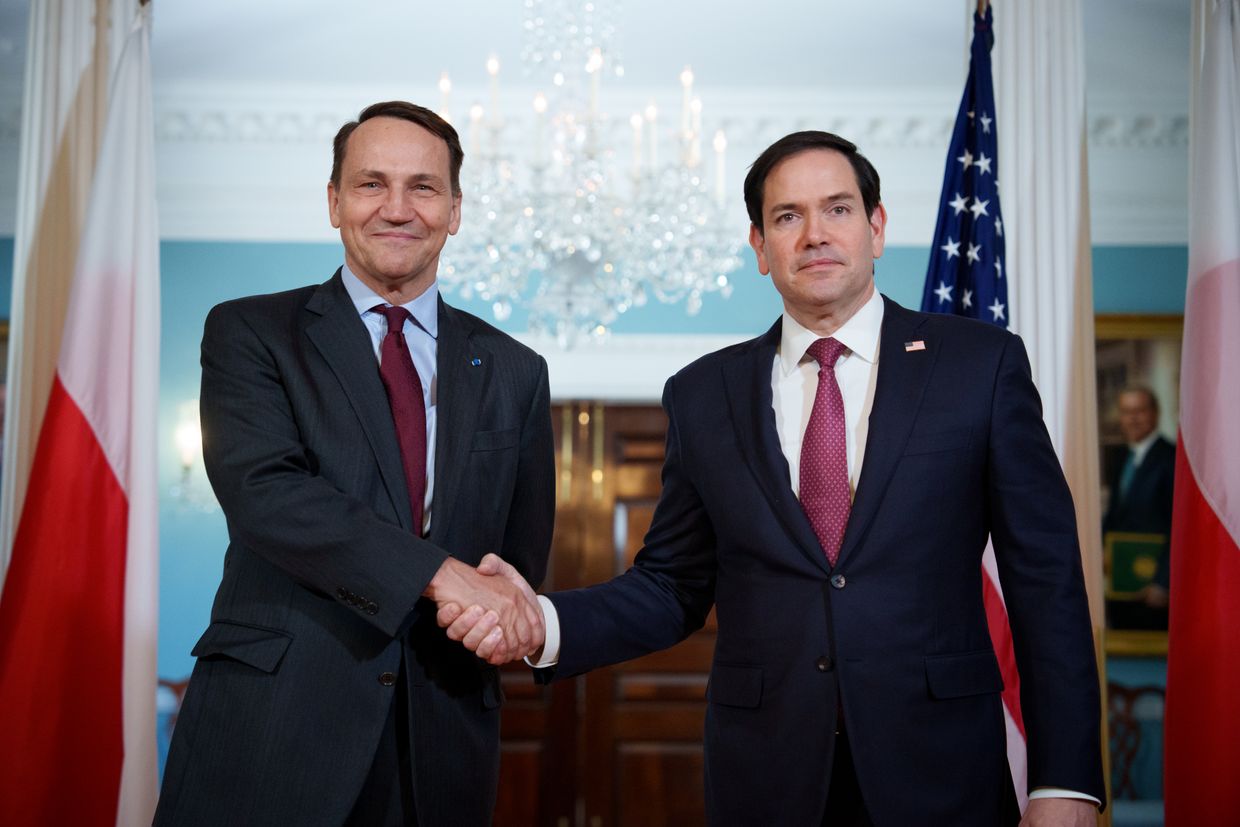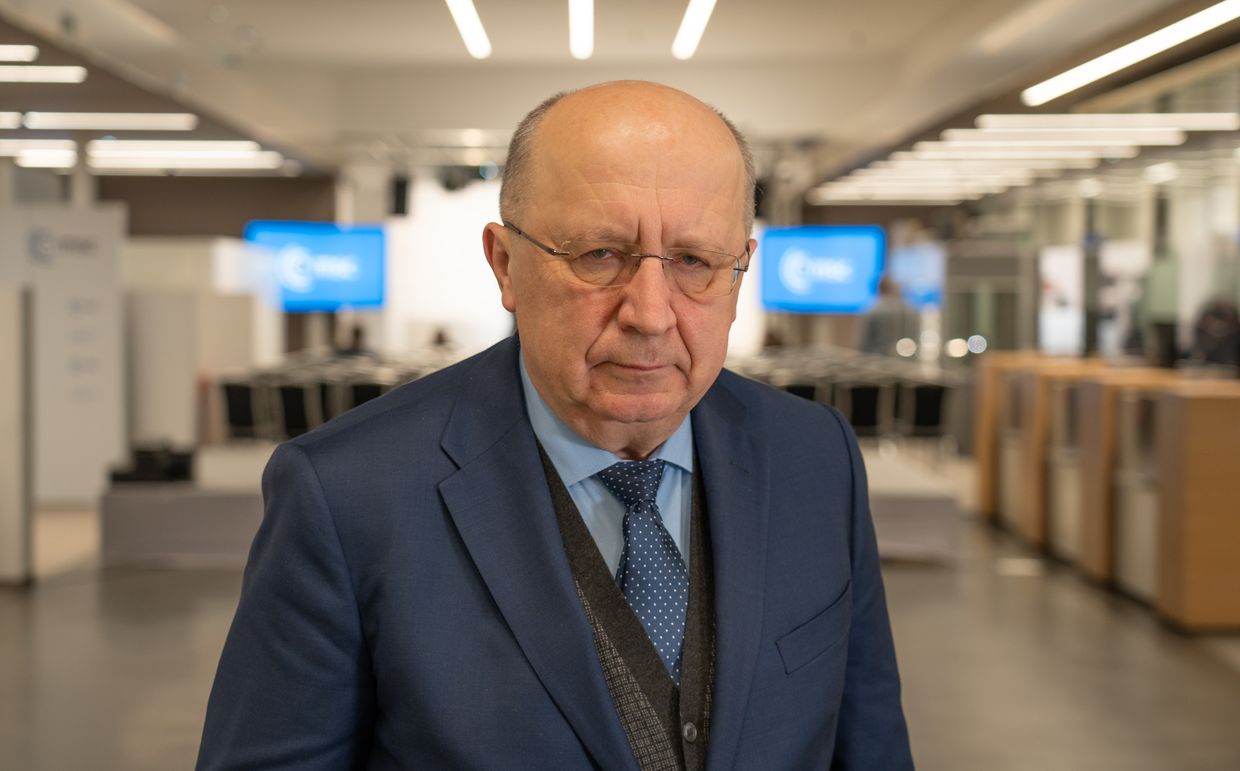EU considers confiscating part of Russia’s frozen $280 billion, Bloomberg reports

The European Union is intensifying discussions on how to seize Russia’s frozen central bank assets to provide financial and military aid to Ukraine, as concerns grow that the United States may scale back its support.
EU officials are considering using these assets as collateral for a proposed International Claims Commission, which would assess damages owed to Ukraine, people familiar with the talks told Bloomberg.
If Russia refuses to pay, the assets could be confiscated. The initiative follows signals from Washington that Ukraine may receive less assistance moving forward.
Discussions on asset seizure come amid escalating tensions between U.S. President Donald Trump and President Volodymyr Zelensky. Trump recently criticized Zelensky, calling him a "dictator" and falsely blaming Ukraine for Russia’s full-scale invasion.
As a result, Zelensky has urged European leaders to take greater responsibility in ensuring Ukraine receives sustained financial and military backing. The EU, along with the Group of Seven and Australia, has already frozen approximately $280 billion in Russian central bank assets, primarily held by the Belgium-based clearing house Euroclear. An additional $58 billion in private Russian assets, including luxury properties and yachts, has been frozen under sanctions.
Despite support from EU officials such as Valdis Dombrovskis and Maria Luís Albuquerque, EU's financial services commissioner, the proposal to confiscate Russian assets faces legal and economic hurdles. Some EU nations, including Germany and France, have voiced opposition, warning that such a move could have significant repercussions for the international role of the euro and undermine legal frameworks governing sovereign assets.
Another option under review involves directing EU member states to seize Russian assets specifically to fund the reconstruction of Ukraine’s energy infrastructure, though legal justifications remain under debate.
The G7 has already pledged profits generated from frozen Russian assets to back a $50 billion loan for Ukraine. Meanwhile, EU legal teams are assessing whether judicial rulings would be necessary to authorize full asset confiscation or if a damage assessment alone could suffice.
The European Commission recently informed EU ambassadors that negotiations to establish the International Claims Commission will begin on March 24. The commission's role will be to determine the exact amount Russia must pay for war damages.













